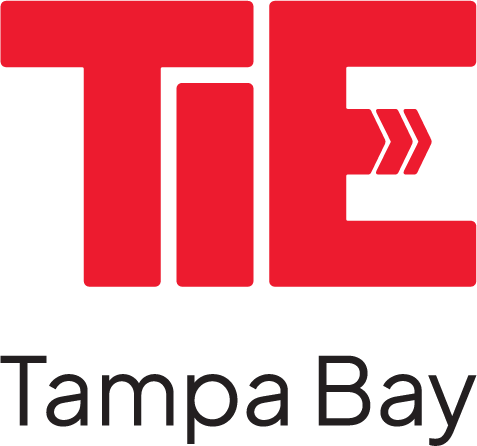Celebrating Woman Leader: Sasha R
What is your proudest accomplishment as a leader?
My parents suffered post-traumatic stress disorder resulting from surviving the Khmer Rouge regime, when 2 million people were killed by mass shooting, overwork, disease, and starvation. During that time, those who were educated, entrepreneurial, spoke multiple languages, or wore glasses were considered a threat to the society as the Khmer Rouge was on a mission to recreate a “pure” Cambodia.
As a child, I resented being the translator for my parents when they had to meet with human services agents, medical providers, and complete forms. As soon as I was able to read and write, I was helping them purchase and fill out money orders to cover the rent and utility bills.
The picture of leadership tends to be about the person walking ahead of everyone during a march or being the person who sets the rules or makes the decisions. In the natural case, parents would be assumed to be “leading” their households and their children. However, my own childhood was spent in a home where I set the rules and made decisions for my family.
Those foundational years gave me the wisdom and experience to reach most American Dream milestones such as having a baby, completing college, having a good job, buying my first car and home – all by age 23.
That was 16 years ago and after raising 3 step-daughters and a son, I’m in a position to provide more care for my mother and step into entrepreneurship to release a tool that will help market forces improve the way the world hires.
What is the one piece of advice you’d give to other aspiring women leaders?
Spend more time counting your blessings and less time counting your problems.
What inspires you most about your work or your industry?
When I learned that loneliness contributed to heart disease, stroke, depression, anxiety, and weakened immune systems, I thought about how we could address this through existing channels in the market: how we work.
My concern about loneliness, along with the realities of longer lifespans, childcare challenges, and AI’s impact on the workplace, led me to create a job pairing tool that supports untraditional work arrangements. As AI automates many roles, the hiring process must evolve—resumes and job descriptions alone will no longer be sufficient to match people with the right opportunities. Work will increasingly be about adaptability, collaboration, and human connection.
For companies, this shift presents a major opportunity. By moving beyond rigid hiring methods, businesses can tap into a broader, more diverse talent pool, including experienced professionals seeking flexible roles, parents needing adaptable schedules, and individuals with unique skills that don’t fit traditional job descriptions. My tool helps companies find the right people based on real compatibility and future potential, creating stronger, more resilient teams while reducing turnover and increasing engagement.
Who is a woman from history (or your own life) who has inspired you, and why?
My mother was born into orphanhood. After being cared for by her grandmother for her first few years, she was taken in by her impoverished elder sister who already had children of her own.
While the adults were laboring in the fields, my mother helped raise her nieces and nephews by cooking and caring for them. She was responsible for the home garden and would sell excess produce at the market while towing the kids along. Throughout her childhood, she would make the smaller kids sit outside Buddhist temples with her so she could listen to monks teach children during their school day. She and the kids would learn to sing the alphabets and recite Buddhist chants this way.
Even though she was illiterate until her mid-40s, my mother developed strong business acumen which helped her survive under the Khmer Rouge, get through refugee camps, and make her way in the United States. She became a widow at age 30 with a toddler when her husband stepped on a landmine in front of her in 1979. I only learned about her experiences in 2020 because she wanted to forget her hellish experiences.
It took nearly four decades for me to appreciate my mother and try to understand the depth of how painful her life has been. She manages to still find happiness and laugh daily. She is the reason I want to bring social access to all through the labor market.
In one word, how would you describe the legacy you want to leave as a leader?
Harmonia
Share a favorite quote that motivates you.
The recipe for perpetual ignorance is: Be satisfied with your opinions and content with your knowledge. –Elbert Hubbard

